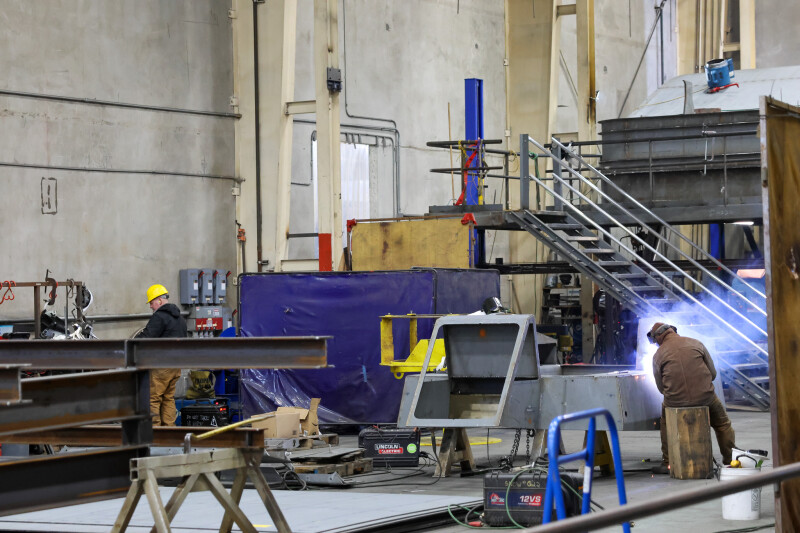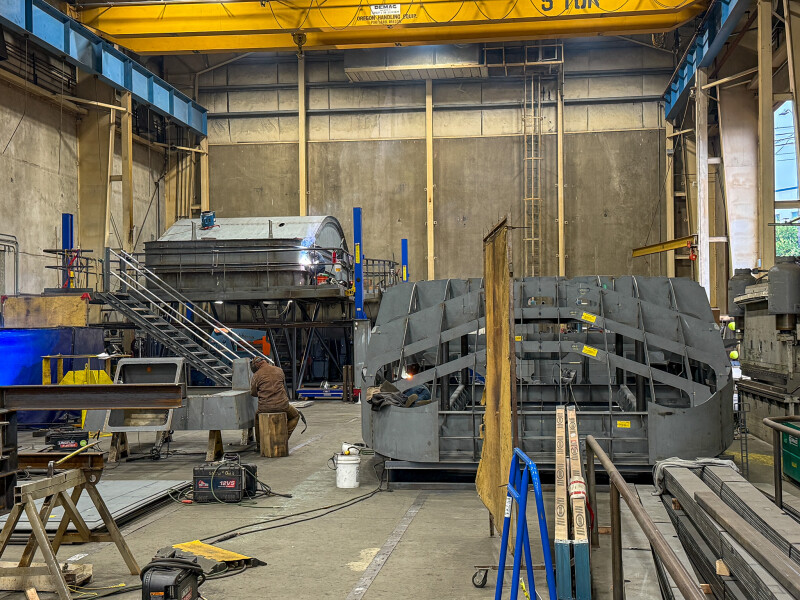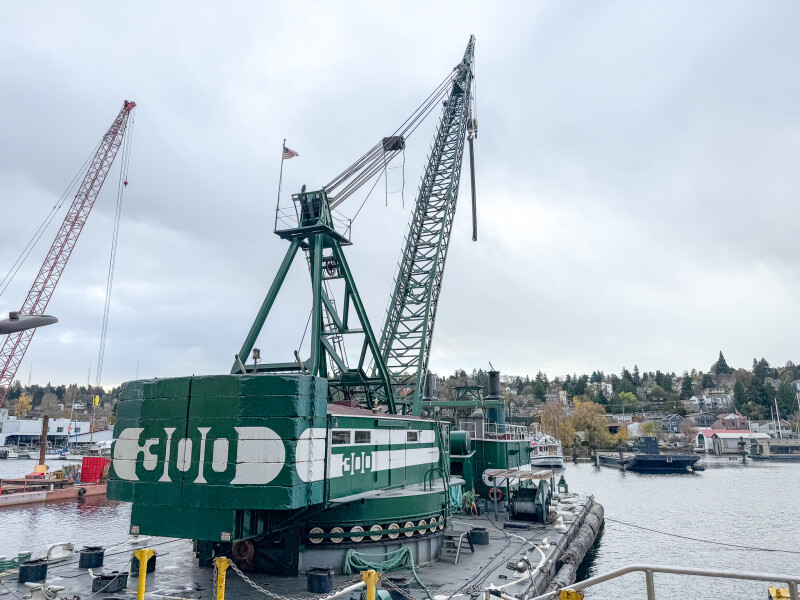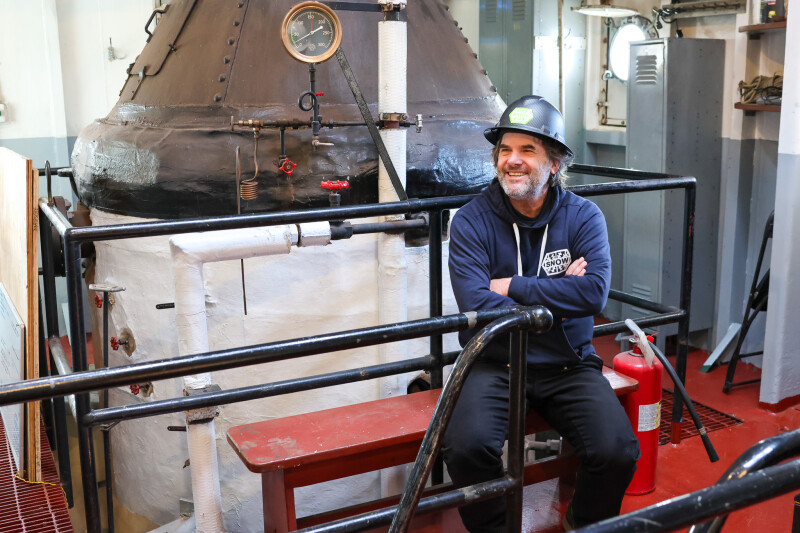Brett Snow is a burly kind of guy with a hang-loose demeanor. He looks like someone who started his boatbuilding career by learning how to weld — as he did. He’s friendly, he’s relaxed, he’s informative. Until recently, I had never met him, even though he and his crew have been turning out a steady stream of small workboats for years in the Seattle area.
Snow & Company built its 100th boat after moving into the former home of Kvichak on the Lake Washington Ship Canal, where it now employs about 80, including two in-house naval architects. A Snow-built catamaran research boat RV Resilience was a WorkBoat Significant Boat last year. The former Kvichak facility seems like a perfect place for Snow. There’s a large, covered, waterside building with offices and a big shop — maybe big enough to build a 100-footer inside.

Right now, the company is in the midst of a large order of 30-foot medium pushboats for Navy bases and shipyards. The tug hulls are steel; the small wheelhouses are aluminum. The yard is also building, in sections, a 100-ton-capacity steel drydock for Western Towboat, its neighbor on the canal. Also on the shop floor during a recent tour were long steel pipes being assembled as spuds for a floating crane barge. The fabrication includes intricately welded, pointy ends.
I visited the yard with Matt Nichols, the former owner of Nichols Brothers Boat Builders on nearby Whidbey Island. Nichols has retired from his namesake business (which is still alive and building boats) but keeps his hand in by consulting with Snow.

While hanging out in the small conference room, I asked Brett about drug testing. I had just finished writing an article about marijuana and the maritime industry. I had spoken with others in the industry, but I hadn’t talked with Brett about how his company handles drugs and drug tests. “We do them all the time,” he said — but not for cannabis. If he did that, he said, he wouldn’t have many welders. Snow tests for harder drugs like oxycodone, which has unfortunately been a problem. The flu has also been a problem — about 10 workers had called in sick the day I was there.

During a walk-around tour, I discovered that Snow now owns and operates the Foss 300, the venerable old steam-powered, 75-ton-capacity floating crane. Foss kept the crane at its ship canal property across from Kvichak/Snow for many years. Snow uses it to launch boats and for other occasional work, as needed.
Snow also keeps a small wooden fishing boat he bought in Denmark and sailed across the Atlantic, through the Panama Canal, and up the Pacific Coast to Seattle. It’s tied up on the edge of the property, which is leased from the original Kvichak owners. “I intended to stay in Denmark for two weeks,” he said, “but I ended up staying there for five years,” before sailing back to the Pacific Northwest on the Vesterhavet, which had been rigged as a Scottish seiner back in her working days in Scandinavia.
Snow & Company is also in the final stages of planning a very interesting project. The company doesn’t want to reveal any details just yet, but let’s just say it will be built around alternative, clean power.




